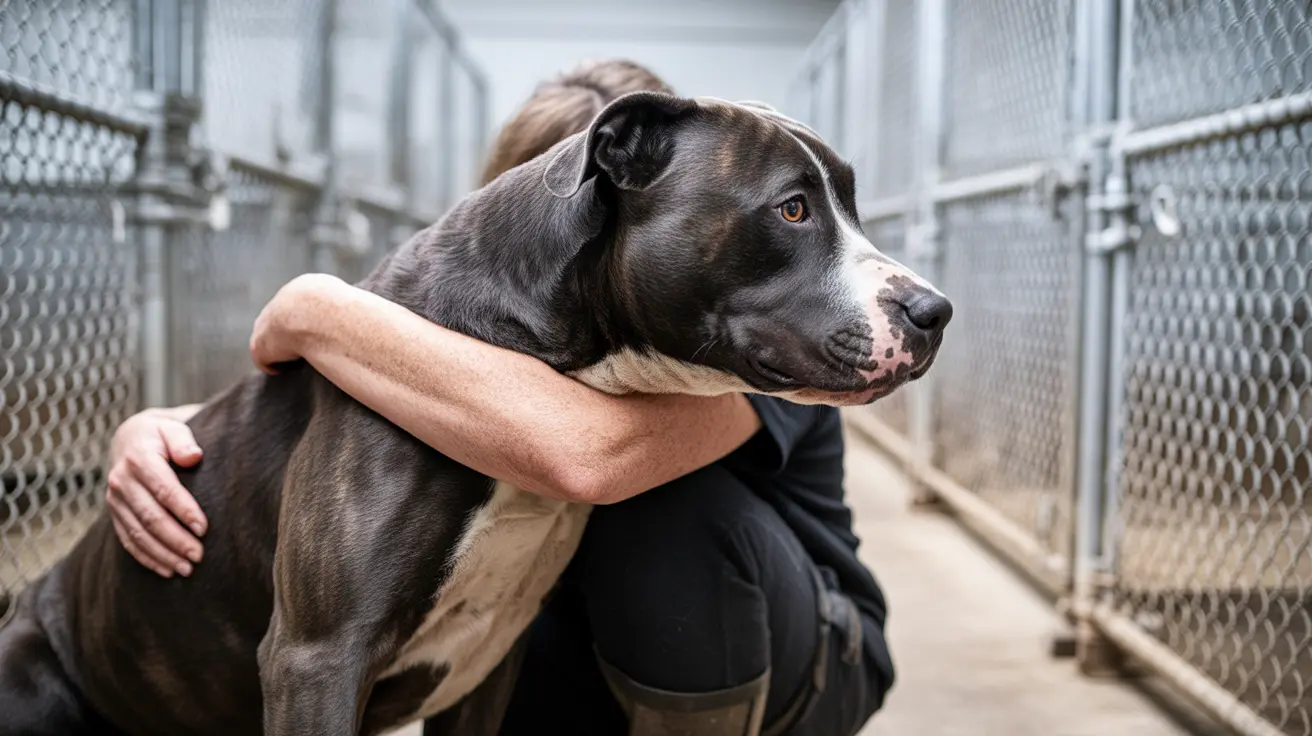Can You Sue a Dog Owner If Their Dog Killed Your Cat?
Losing a beloved cat to a dog attack is emotionally devastating and raises important legal questions. For cat owners, the idea of seeking justice or compensation for such a tragic loss is natural. If a dog killed your cat, you may be wondering whether legal action is possible—and the answer is often yes.
Understanding the Legal Basis for a Lawsuit
In most jurisdictions, pets are considered personal property. This legal classification allows owners of injured or killed pets to pursue compensation for their loss in civil court.
Suing for damages stems from two primary legal theories:
- Negligence: If the dog’s owner failed to exercise reasonable care to prevent their dog from attacking your cat.
- Strict liability: In some states, dog owners are automatically responsible if their dog harms another animal, regardless of prior behavior.
When Is the Dog Owner Liable?
A dog owner may be liable if:
- Their dog was off-leash in a leash-law area.
- The owner knew the dog had aggressive tendencies.
- The attack occurred on your private property, where your cat was safe and contained.
Even if the attack happened outdoors, courts often look at context. For example, was the dog roaming freely in violation of local laws? Was the cat in your yard? These factors affect liability.
Damages You Can Sue For
While cats are legally “property,” courts increasingly recognize their emotional value. A successful claim might include:
- Veterinary bills: If your cat was injured and required care before passing.
- Replacement value: Based on breed, age, and uniqueness of the cat.
- Emotional distress: Some courts allow for limited claims of emotional pain or suffering, though this is less common.
- Punitive damages: In egregious cases (e.g., a dog repeatedly gets loose and attacks others), punitive awards may punish the owner.
Gathering Evidence for Your Case
If you plan to sue, collect solid evidence such as:
- Witness testimony.
- Photographs or videos of the incident or aftermath.
- Veterinary or necropsy reports.
- Local animal control records or police reports.
Proof of previous complaints against the dog or owner can significantly strengthen your case.
Should You Involve Law Enforcement or Animal Control?
Yes. File a report promptly. Many cities have ordinances against dogs running loose. Animal control may issue citations or seize dangerous dogs. A written report forms a critical part of your legal foundation.
What to Expect in Small Claims Court
For many pet disputes, small claims court offers a faster, less expensive option. You typically won’t need a lawyer and can present your evidence directly to a judge. Check your state's small claims limit—some allow up to $10,000 in damages.
Alternatives to Suing
Consider informal resolution before litigation:
- Negotiate a settlement: The dog owner may cover vet bills or offer a financial resolution.
- Mediation: A neutral third-party can help both sides come to an agreement.
- Insurance: The dog owner’s renters or homeowners insurance might cover the loss.
Preventing Future Incidents
While legal remedies help with accountability, preventing future tragedies is essential. Report the incident to neighborhood watch or community boards. Advocate for enforcement of leash laws and responsible pet ownership.
Key Takeaways
- You may sue the dog’s owner if their negligence or violation of laws caused your cat’s death.
- Compensation may include vet costs and even emotional distress damages.
- Gather evidence and file reports promptly to strengthen your claim.
Final Thoughts
Though nothing can replace your lost cat, the legal system may provide recourse and potentially deter careless pet behavior in the future. Consulting a local attorney familiar with animal law will help you understand your rights and legal standing in your specific state or locality.





